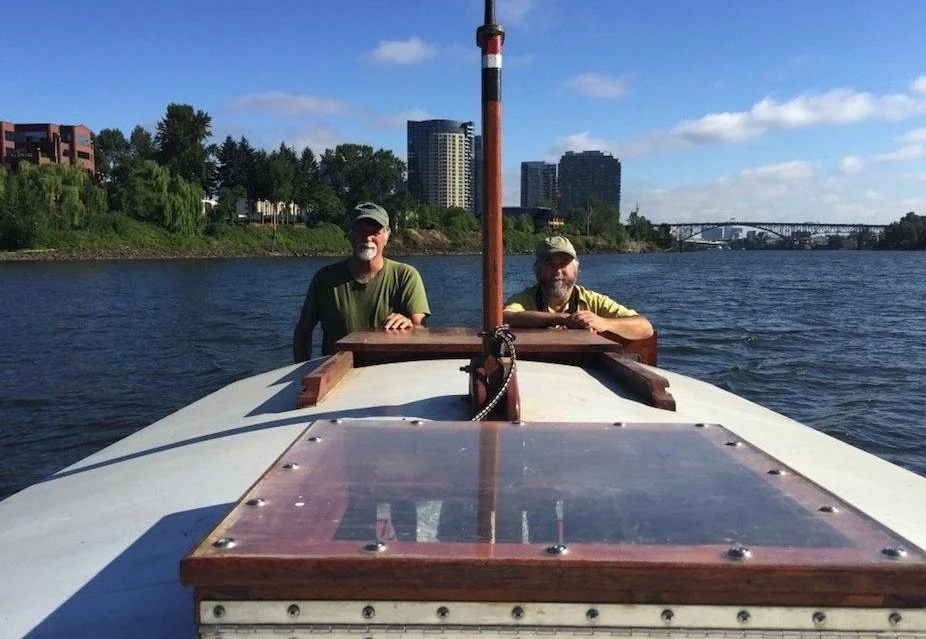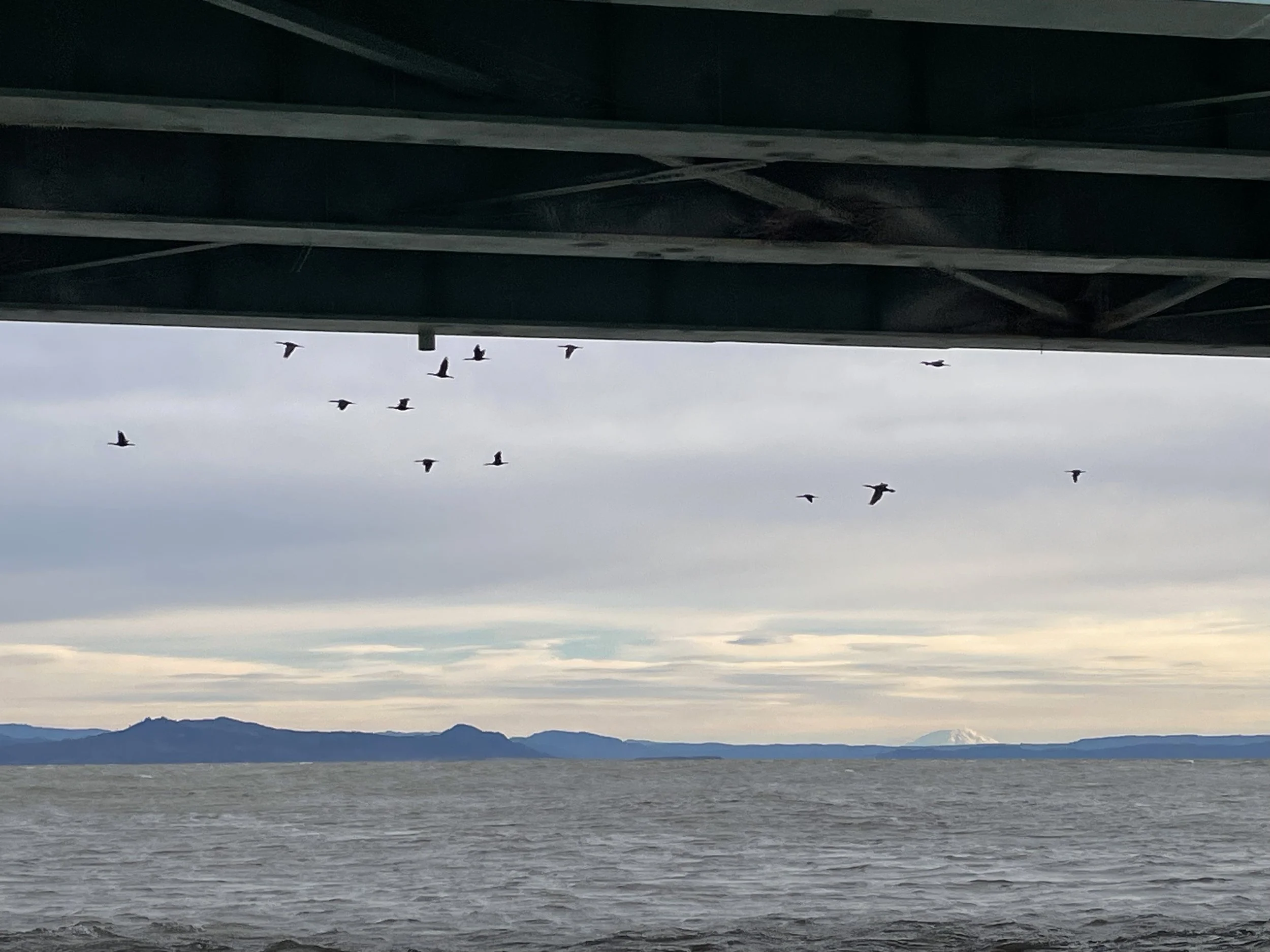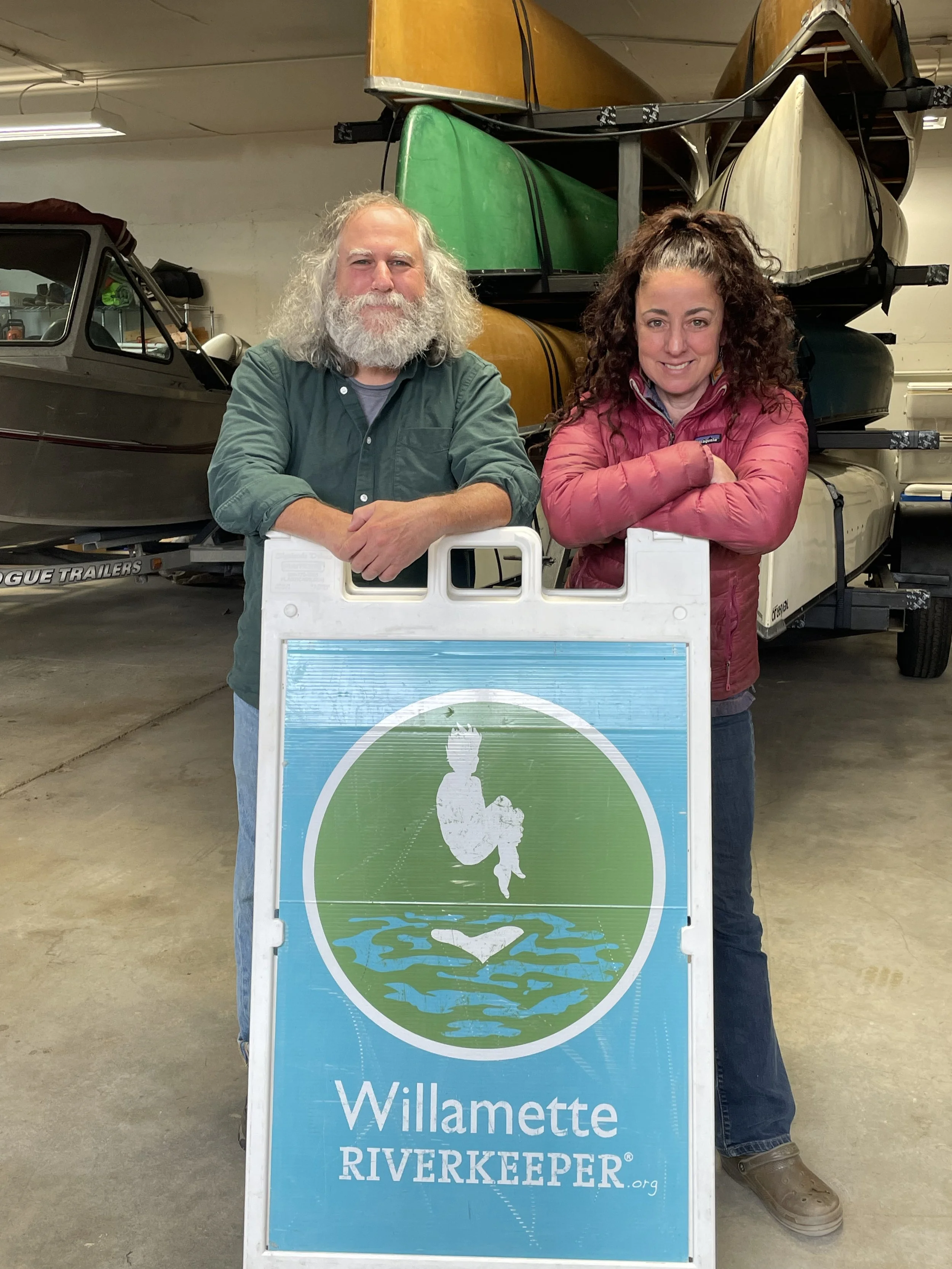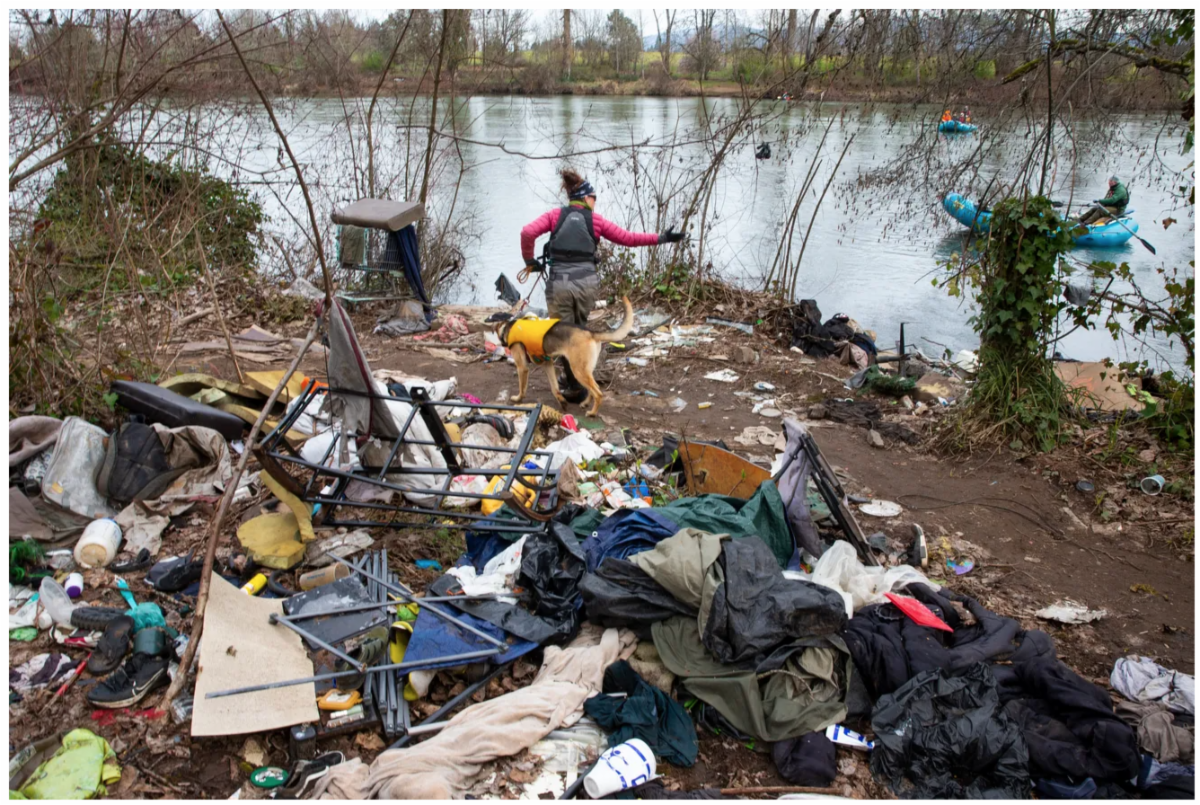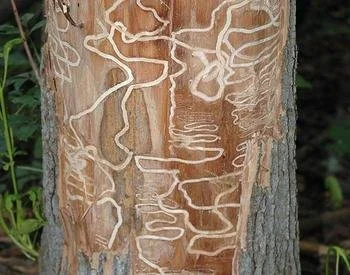willamette dams foia case update
by wrk staff attorney, lindsey hutchinson
In December 2020, Willamette Riverkeeper brought a civil action against the U.S. Army Corps of Engineers (“the Corps”) for unlawful violations of the Freedom of Information Act (“FOIA”). This action was brought after the Corps made no progress in releasing the documents requested by Willamette Riverkeeper, amounting to an unreasonable delay.
Willamette Riverkeeper submitted a FOIA request to the Corps in March 2020 requesting records (from January 2009 – present) relating to the construction, oversight, assessment, maintenance, and management of the safety and integrity of the 13 Willamette Valley Project dams. In 2019, the complex system of dams turned 50 years old. In February 2020, the Corps released a Draft Environmental Assessment for Hills Creek and Lookout Point Dams, in which it identified these two dams as having “moderate to high” life-safety risks, respectively, from seismic events. In response to this assessment, Willamette Riverkeeper sought records relating to the dams’ safety and integrity in light of the dams’ construction methods and materials, respective ages, stress from use, the threat of seismic events in the Willamette River Basin, extreme weather events, and climate change.
In April 2021, the Court ordered the Corps to begin producing a minimum of 7,000 pages a month to Willamette Riverkeeper. Over the past 4 years, Willamette Riverkeeper has received well over 200,000 pages from the Corps. The final records release was in February 2025. These pages have included inspection records, emails, photos, maps, hazard analyses, safety evaluations, assessments, memos, presentations, models, and reports from the past 15 or so years. Many of the documents received are of a more technical nature, with an emphasis on engineering. Willamette Riverkeeper has posted all of the records received publicly on our website, and can be found here.

